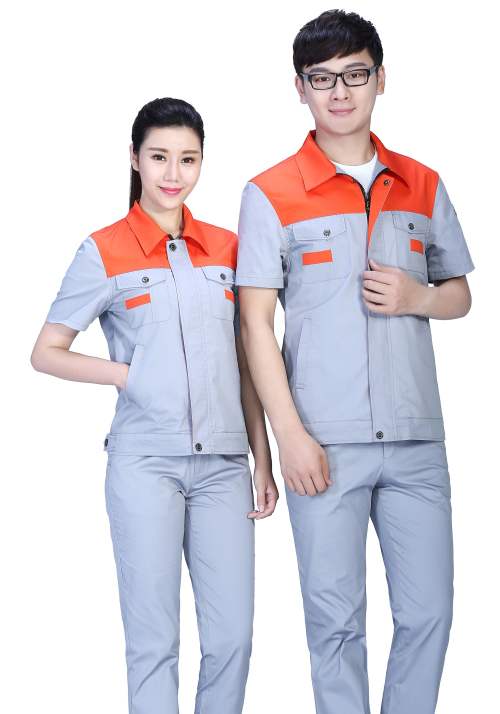Fiber fabrics for professional workwear customization, many companies now have their own factories, and workshop work clothes now use workwear. Because of the requirements of their job positions, which require relatively high anti-static, wear-resistant, acid-proof, etc., corresponding workshop work clothes should be selected. Among work clothes, fiber fabrics with better wear resistance are often customized. Today I will introduce the knowledge of customized fiber fabrics for professional workwear. Let’s find out together.

Fiber fabrics have good wear resistance. In professional workwear customization, no matter what kind of work clothes, fiber fabrics are added to some extent. What are the characteristics of fiber fabrics? The following Dingyi Clothing Design will explain to you. The biggest feature of fiber is that it has good chemical resistance. Of course, its mechanical properties are also very good. Generally, the styles of work clothes in workshops are more formal and the regulations are stricter. In terms of design, the first consideration is not the good appearance, but the good appearance. It is its practicality, because the work in the general workshop is mainly protective.
Professional workwear customization This is why there are many fibers used in workwear. The wear resistance of the fiber refers to the fiber’s ability to withstand external wear. The wear resistance of the fiber is related to the macromolecular structure, supramolecular structure, and elongation at break of the fiber. It is related to elasticity and other factors. The order of common fiber wear resistance is as follows: nylon > polypropylene > vinylon > ethylene > polyester > acrylic > chlorine fiber > wool > silk > cotton > linen > rich and strong fiber > cupro fiber > viscose fiber > Acetate > Fiberglass.
Maybe fiber fabrics are not popular in ordinary work clothes because their comfort is not very high, but fiber fabrics also have their own advantages in appearance. For example, the mechanical properties of textile fibers should include fiber strength and elongation. , elasticity, wear resistance, elastic modulus, etc.
The strength of the fiber refers to the ability of the fiber to resist damage by external forces. It determines to a large extent the durability of textile products. The strength of the fiber can be expressed by the strength of the fiber. It refers to the fiber’s ability to break under the action of continuously increasing loads. The heavy load it can bear.
The biggest feature of fiber fabrics is their chemical resistance. A common function we use in workshops is acid resistance. Fiber fabrics are very consistent with this feature. The chemical resistance of fiber refers to the fiber’s resistance to damage by various chemical substances. Among various textile fibers, cellulose fiber has strong resistance to alkali but weak resistance to acid. The chemical resistance of protein fiber Its performance is different from that of cellulose fiber. Its resistance to acid is stronger than that of alkali. Protein fiber will be operated to varying degrees whether in strong alkali or weak alkali, and even lead to decomposition. The chemical resistance of synthetic fiber is higher than that of alkali. Natural fibers are strong, such as polypropylene and polypropylene, which have excellent acid and alkali resistance.
The above is the introduction to customized fiber fabrics for professional workwear. Of course, in addition to fiber fabrics, there are many better workwear fabrics. These fabrics have their own advantages and disadvantages. The choice of fabrics should be based on your actual needs. Suitable Only the fabric can exert its greatest effect.
Tag: Professional workwear customization






